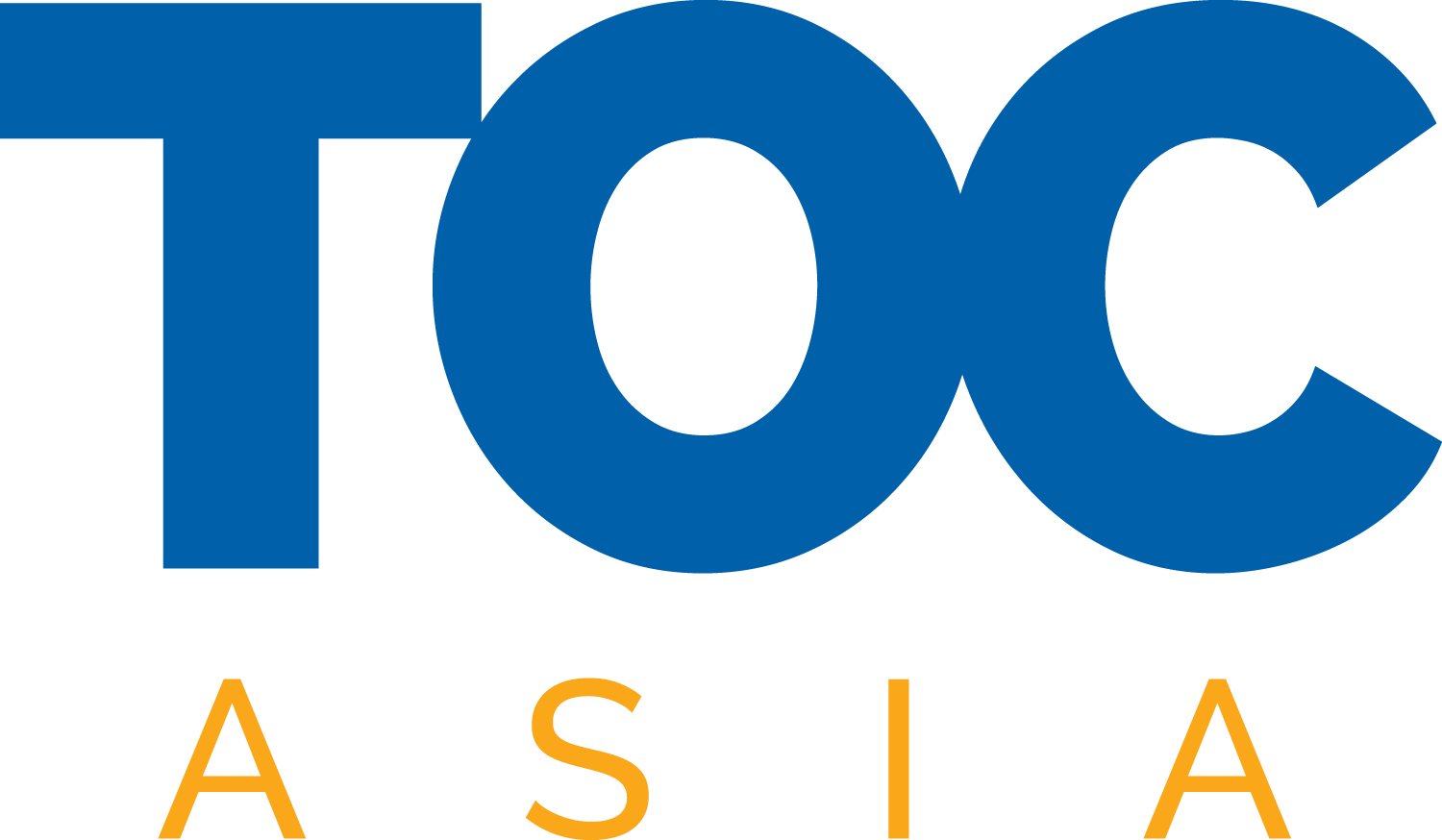According to the Asia-Pacific session of the Global Energy Summit (September 2021), the pace of Asia’s energy transition remains too slow even despite its efforts to accelerate it.
This has been mainly due to a lack of public policy on it, which leaves many details unaddressed and discourages companies from investing in energy transition.
The recent revision of the marine environmental regulatory framework by the IMO aims to make this transition more inclusive for state members and industry that may struggle to navigate through the energy transition.
This revision is expected to work in tandem with ongoing green initiatives such as the Getting to Zero Coalition, promoted by the Global Maritime Forum, which aims at bringing together key industry players to tackle the decarbonisation problem, and among its main directives is the development of ‘Green Corridors’.
These would be trade routes where all parties involved would be carbon neutral. For these to succeed, however, it will be necessary: (1) corridor-level consensus on fuel pathways, (2) policy support to help close the cost-gap for higher-cost zero-emission fuels, and (3) value-chain initiatives to pool demand – the change towards clean fuels must take place across the entire supply chain.
